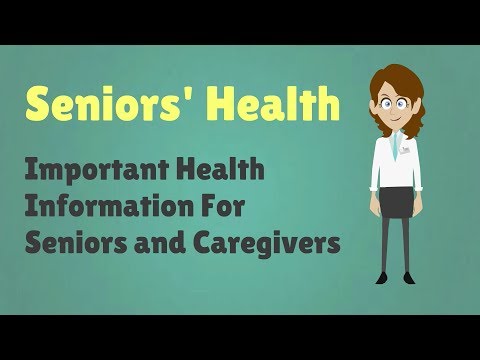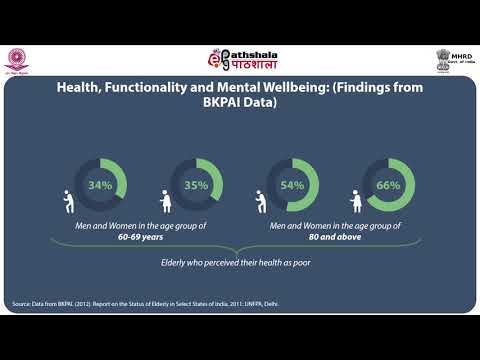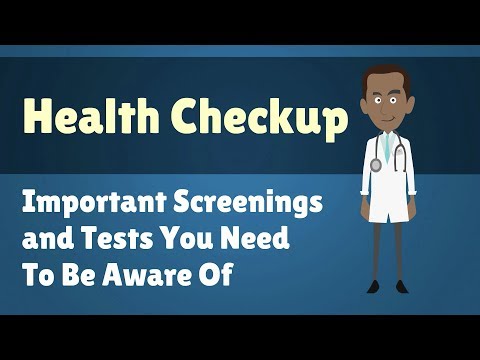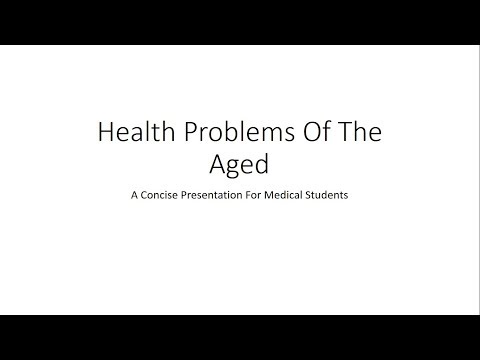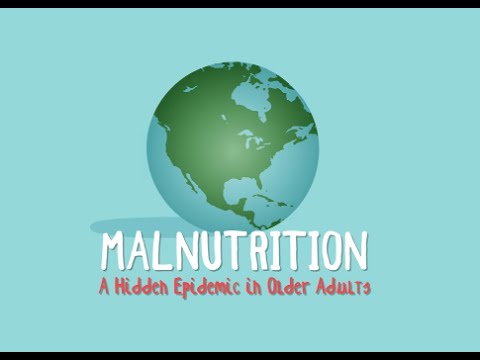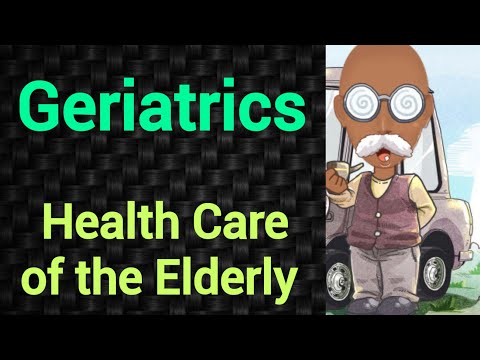Health Information for the Elderly
Contents
Looking for health information specifically for the elderly? Check out our blog for the latest news and tips on keeping seniors healthy and happy.
Checkout this video:
Introduction
The elderly have different health needs than other adults. They are more likely to have chronic conditions such as heart disease, stroke, diabetes, and cancer. They are also more likely to take multiple medications, which can interact with each other and cause side effects.
As we age, our bodies change and we become more susceptible to illness and injury. To stay healthy and active, it’s important to understand these changes and how to best manage our health. This guide provides information on common health concerns for the elderly, along with tips on how to stay healthy and prevent problems.
Health Risks for the Elderly
There are a number of health risks that are common in the elderly population. These include falls, heart disease, stroke, and cancer. The best way to protect yourself from these risks is to stay active and independent as you age. Eating a healthy diet, exercising regularly, and getting regular medical checkups can help you stay healthy and avoid these common health risks.
Prevention and Treatment of Health Risks
As we age, we are more susceptible to developing chronic health conditions and diseases. However, there are many things that we can do to prevent or delay the onset of these conditions. Additionally, there are treatments available for those who have already developed chronic health conditions. This section will provide information on both prevention and treatment of health risks for the elderly.
Common Health Conditions in the Elderly
There are a number of common health conditions that can affect the elderly. These include:
-Arthritis: This is a condition that causes pain and stiffness in the joints. It is very common in older adults, and can make everyday activities difficult to do.
-Cancer: The risk of cancer increases with age. Common types of cancer in older adults include breast cancer, colorectal cancer, and prostate cancer.
-Diabetes: This is a condition that occurs when there is too much sugar in the blood. Older adults are at increased risk for diabetes, and it can lead to serious health problems like heart disease and stroke.
-Heart disease: Heart disease is the leading cause of death in older adults. It can cause problems like heart attacks and strokes.
-High blood pressure: This is a condition in which the blood pressure is too high. It can lead to serious health problems like heart disease and stroke.
-Osteoporosis: This is a condition that causes thinning of the bones, which makes them more fragile and prone to breakage. It is more common in older women, but men can also be affected.
Improving Health in the Elderly
As people age, they are more susceptible to health problems This is due to a number of factors, such as a decrease in the production of hormones and a decline in the functioning of organs. Additionally, the elderly are more likely to suffer from chronic illnesses, such as heart disease and arthritis. To combat these problems, it is important to maintain a healthy lifestyle. This includes eating a balanced diet, exercising regularly, and getting enough rest. Additionally, the elderly should see their doctor regularly for checkups and screenings. By taking these steps, the elderly can improve their overall health and quality of life.
Promoting Healthy Lifestyles for the Elderly
As we age, it becomes increasingly important to pay attention to our health and to take steps to promote a healthy lifestyle. The elderly are especially vulnerable to health problems, both due to their age and because they are often less active than younger people.
There are a number of things that the elderly can do to promote their health and well-being. Some of these include:
– Eating a healthy diet: This means eating plenty of fruits, vegetables, whole grains, and lean proteins. It is also important to limit salt, sugar, and unhealthy fats.
– Staying active: Exercise is important for maintaining muscle strength, flexibility, balance, and coordination. It can also help improve mood and reduce stress levels.
– Getting regular medical checkups: This is important for detecting health problems early and for getting the appropriate treatment.
– Taking medications as prescribed: Medications can be an important part of treating many health conditions. It is important to take them exactly as prescribed and to talk to your doctor about any concerns you have.
– Managing stress: Stress can lead to a number of health problems, so it is important to find ways to manage it effectively. Some things that may help include exercise, relaxation techniques, and talking to someone you trust about your worries.
Supporting Caregivers of the Elderly
Informal caregivers are a vital support for elders with chronic illnesses. These caregivers often have little training or experience in dealing with the special needs of their elderly charges, and can face significant challenges in providing care.
There are a number of things that caregivers can do to ease the burden of caregiving, and to provide better care for their elderly charges. First, it is important to understand the special needs of the elderly population. This includes understanding the effects of aging on the body and mind, and being aware of the most common chronic illnesses that affect the elderly. Second, caregivers should develop a good working relationship with the elder’s physician. This will help ensure that the elder receives proper medical care, and that the caregiver is up-to-date on any changes in the elder’s condition. Third, caregivers should make sure to take care of their own health and well-being. This includes getting regular exercise, eating a healthy diet, and getting enough sleep. Fourth, caregivers should build a support network of family and friends who can offer assistance when needed. Finally, it is important for caregivers to know when to seek professional help. If the caregiver is feeling overwhelmed or is having difficulty coping, he or she should speak with a doctor or counselor about getting additional help.
Resources for the Elderly
There are many resources available to help the elderly live healthy, independent lives. Here are just a few:
The National Institutes of Health offers Seniors Health Information, which covers a wide range of topics such as exercise and physical activity, falls and accidents, nutrition, mental health and more.
The Administration on Aging provides information and resources on aging issues such as housing, money management, transportation, and more.
The Centers for Disease Control and Prevention offer Senior Health information on staying healthy, preventing falls, immunizations, and more.
And finally, the National Institutes of Health’s National Library of Medicine has a seniors health section with information on common health problems, medications, and more.
Conclusion
After reading this brochure, we hope you have a better understanding of the health information that is available for the elderly. This brochure has only scratched the surface of the many resources that are available. We encourage you to explore the websites and books listed in the resources section, and to talk to your doctor or other health care provider about any questions you may have.
Further Reading
If you would like more information on staying healthy as you age, there are many excellent resources available. The National Institute on Aging, part of the National Institutes of Health, offers a wealth of publications on topics such as exercise, nutrition, mental health and dealing with chronic conditions. The Administration on Aging also provides helpful information and links to other helpful organizations. In addition, many hospitals and clinics offer wellness programs specifically designed for older adults.

